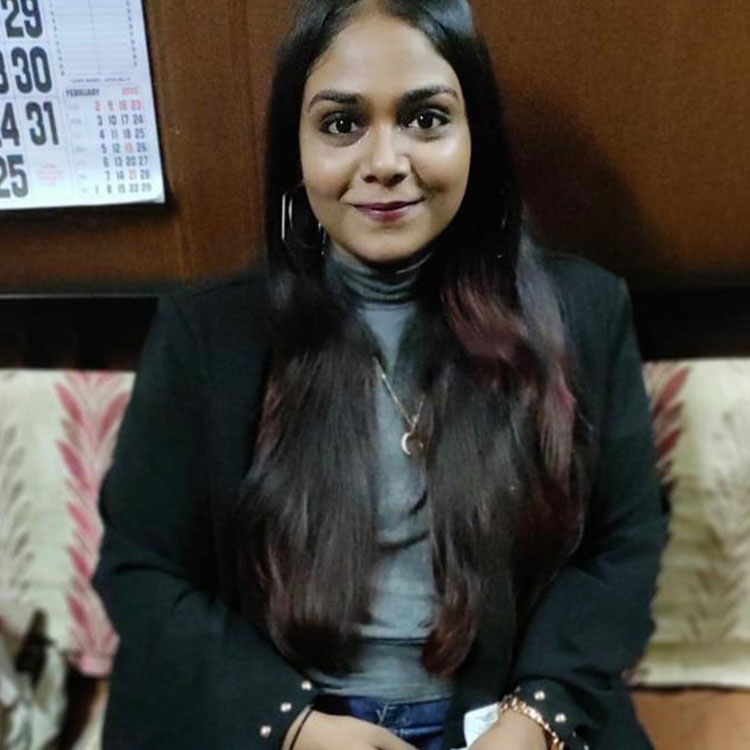I am Anjana Iyer, an Occupational therapist, Certified counsellor and Animal Assisted Therapy practitioner. I am passionate about advancing meaningful, humane and lasting solutions to mental health issues. I feel that we are at an important crossroads on the journey of mental health awareness, and this is an opportune time for likeminded professionals to join hands and do their bit for the cause. I enjoy reading, music, and spending time with animals.
Engagement in occupation is essential to both physical & mental health. People with mental health issues usually have difficulty in performing everyday tasks which one generally takes for granted. Occupational therapy addresses this part of human life in order to provide value and meaning to daily living. Disease & social stigma interfere with the drive to act and the capacity to engage. Occupational therapists evaluate functioning, goals, and use meaningful occupation related activities in order to achieve them along with exploring feelings & interests. Occupation is used to reverse the negative cycle of inactivity. The beauty lies in the subjective nature of therapy and the meaning it holds to each individual, thereby making it extremely unique and effective whilst also being a holistic treatment approach.
We as Occupational Therapists look at the person as a whole! Mental & physical health are correlated, and we believe in working towards improving both.
General aim of our practice is to make an individual as independent as possible in all walks of life.
Occupational Therapists look at how the person is functioning in day to day life & how any symptoms they may experience affect their performance and the impact it has on quality of life of the person.
Focus of the treatment is to help individuals re-engage in meaningful occupations in their lives & assume their life roles as well as their jobs with the necessary modifications if required.
Goals are devised after understanding what's important for the patient apart from generalized goals so our focus is on their daily activities, hobbies as well as their occupation.
| Physical skills: | Treatment offered includes aerobic exercises, group activities, pain reduction techniques & graded activities to improve stamina, balance, & energy levels. |
|---|---|
| Emotional needs: | Channelisation of inbuilt aggression, leadership roles, managing feelings of guilt, building empathy and much more. |
| Cognitive skills: | Simple yet effective activities that improve planning and organization skills, concentration and attention, time management skills, problem solving skills etc. |
| Intrapersonal skills: | We work on frustration tolerance, poor insight into their strengths & weaknesses, lack of self-confidence, hygiene etc. |
| Interpersonal skills: | Communication, social skills & relationships are affected to a great extent. Fear of being judged is also highly common. |
| Leisure skills: | Leisure is something that’s personal and differs from person to person. OT takes this into account and helps treat a person using activities that relate to what they most love doing. For example, people who love gardening can be asked to take care of a small sapling, people who love planning can be asked to plan out their entire day’s schedule etc. |
| Patient & family counselling: | Family & social support is extremely important. There is a lot of misinformation and stigma that surrounds us. Therefore, it is important to educate the patient and their family on their diagnosis & everything that they can do to help themselves as well as others around them. |
Overall Occupational Therapy will assist in faster recovery of the patients and will help them go back to their original lives and assume their roles in the best way fit whilst improving their self-confidence.
Value addition of occupational therapist to mental health organization apart from having grounding in mental health related issues, occupational therapists have a unique advantage inasmuch as they adopt a holistic & personalised lifestyle-oriented treatment methodology.
Inclusion of such service at any organization will definitely enhance its credentials as a one stop solution for addressing recurring issues that a person might face. Having a multidisciplinary approach also helps build know-how and expertise among all professionals associated with the organization.
